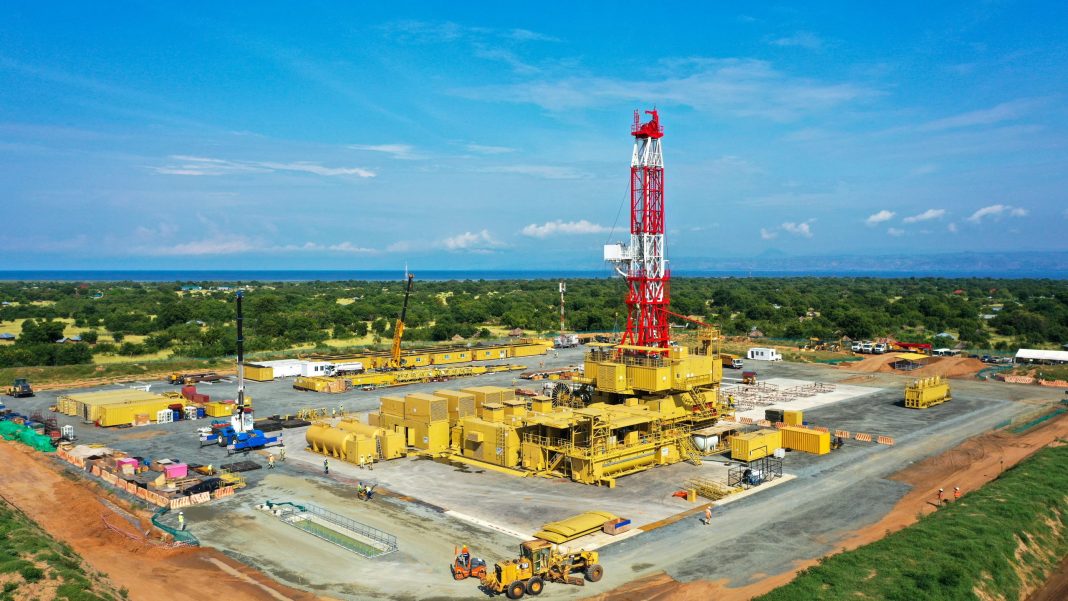By Charlotte Amuge & Juma Nsamba
Uganda has reaffirmed its commitment to transforming its energy and extractives sectors into major engines of industrialisation, job creation, and export-led growth under the Fourth National Development Plan (NDP IV) and the Ten-Fold Growth Strategy.
Senior government officials said Uganda is entering a new phase where natural resources must deliver tangible socio-economic value through structured development, efficient management, and investment in downstream industries.
“We have moved beyond simply exploiting resources to ensuring they drive livelihoods, industrial growth and national prosperity,” said Eng. Irene Pauline Bateebe, Permanent Secretary, Ministry of Energy and Mineral Development. She noted that future investments would be driven by sustainability, technology, and value addition.
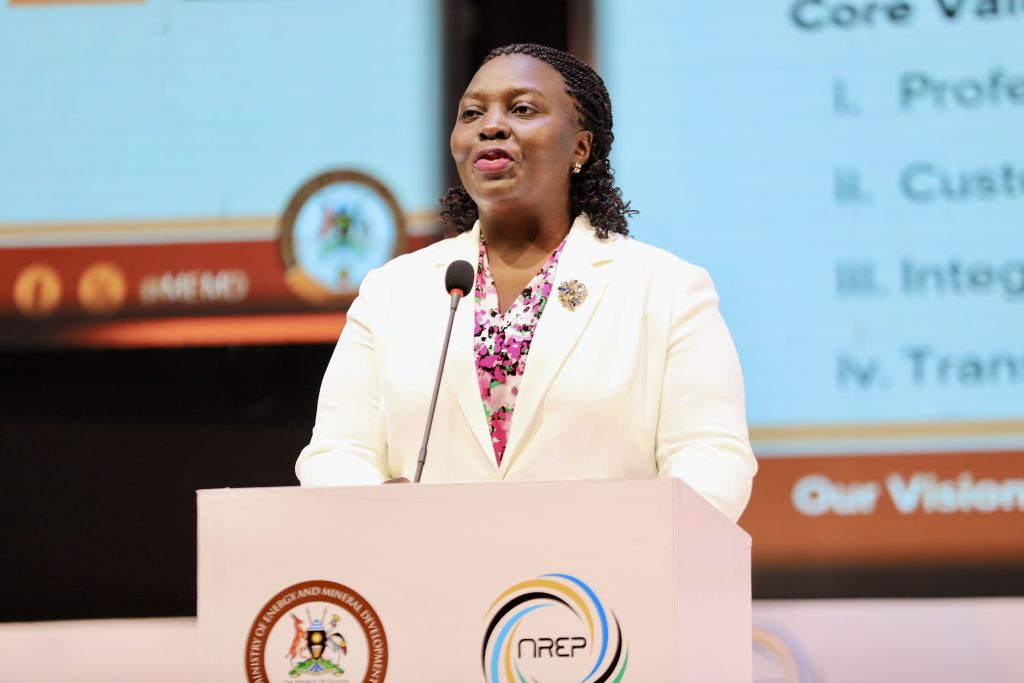
Under the extractives sector, officials highlighted major milestones achieved during NDP III, including the enactment of the Mining and Minerals Act (2022), digitisation of the mineral licensing system, formalisation of over 5,900 artisanal miners, and increased non-tax revenues from UGX 11.3 billion in FY 2022/23 to UGX 39.3 billion in FY 2024/25.

“Our strategy is to ensure that mineral wealth benefits Ugandans through formalisation, improved revenue streams, and development of local beneficiation capacity,” said Hon. Dr. Ruth Nankabirwa Ssentamu, Minister of Energy and Mineral Development. She added that value addition initiatives such as the operationalisation of Uganda’s first domestic tin smelter in Mbarara, the running of nine gold refineries, and the commissioning of the Wagagai Gold Mine are strong indicators of progress.
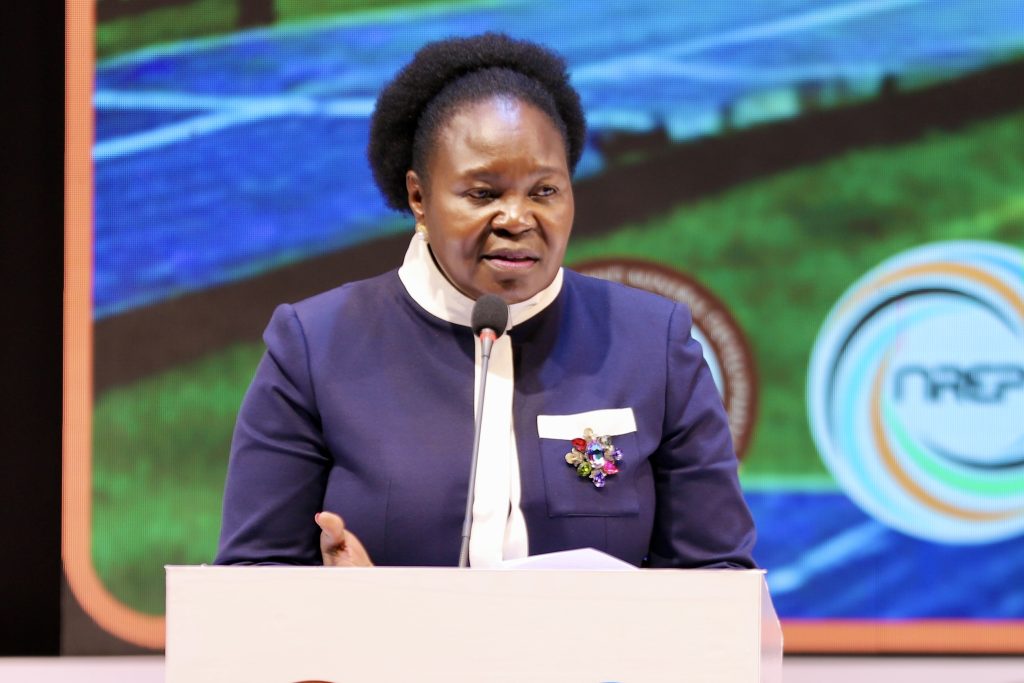
In the petroleum subsector, the Minister confirmed that Uganda remains on track to achieve first oil by mid-2026. “Drilling is ongoing at Kingfisher and Tilenga, the East African Crude Oil Pipeline is nearing completion, and associated infrastructure such as the refinery is progressing steadily,” she said. She added that Uganda National Oil Company’s participation in fuel importation has contributed to price stability and improved national fuel security.
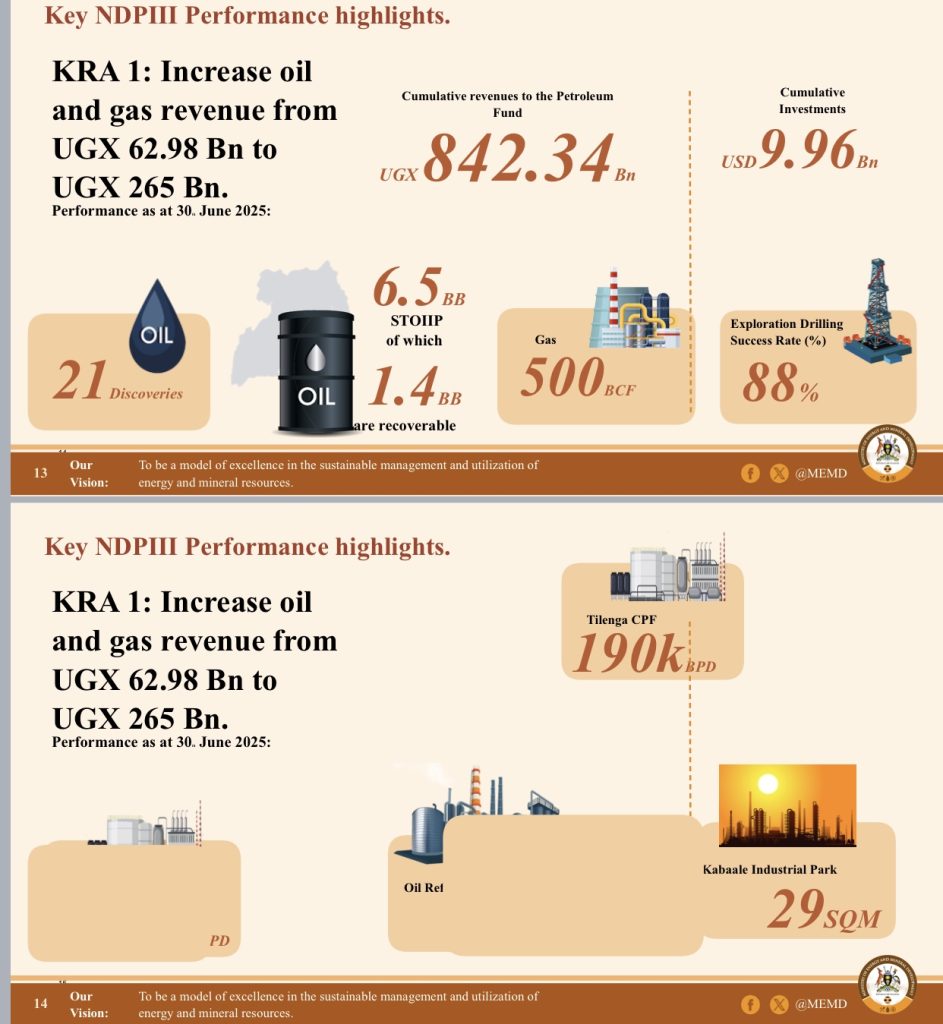
The government also highlighted progress in skills development through institutions such as the Uganda Petroleum Institute Kigumba and accredited private sector training partners, which are preparing Ugandans to take up specialised roles in the oil and gas industry.
On the energy front, officials confirmed that Uganda’s energy transition is already in motion, with clean power expansion and access scale-up taking centre stage. Recent achievements include the commissioning of the 600MW Karuma Hydropower Plant, increased connectivity through the Electricity Access Scale-Up Project, the rollout of national clean cooking initiatives, and the implementation of a biofuels blending programme.
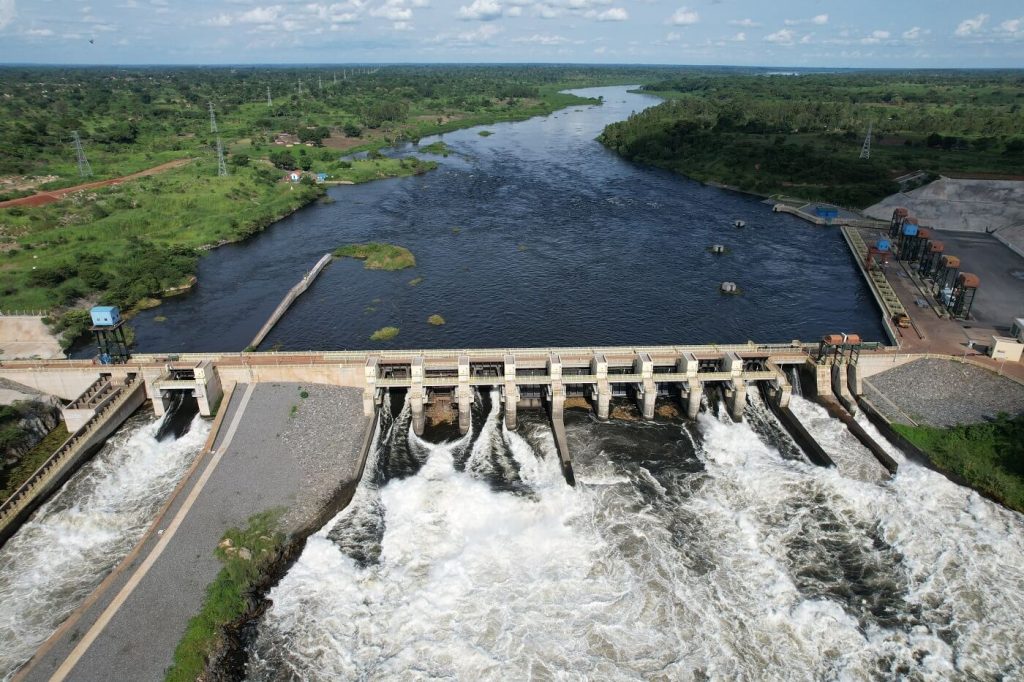
“Uganda’s energy sector must now power factories, support rural livelihoods and drive inclusive green growth,” Eng. Bateebe said, noting that future priorities include scaling renewable energy investments, strengthening local manufacturing of energy technologies, supporting e-mobility, and enhancing financing frameworks for clean energy enterprises.
In her closing remarks, Dr. Nankabirwa reiterated the government’s long-term commitment to inclusive sector growth under NDP IV. “Our transformation will not be powered by ambition alone, but by deliberate, people-centred and accountable action,” she said.
Stakeholders agreed that as Uganda transitions into NDP IV, stronger collaboration between government agencies, development partners, investors, civil society, and communities will be critical for delivering a sustainable extractives and energy-driven economy.
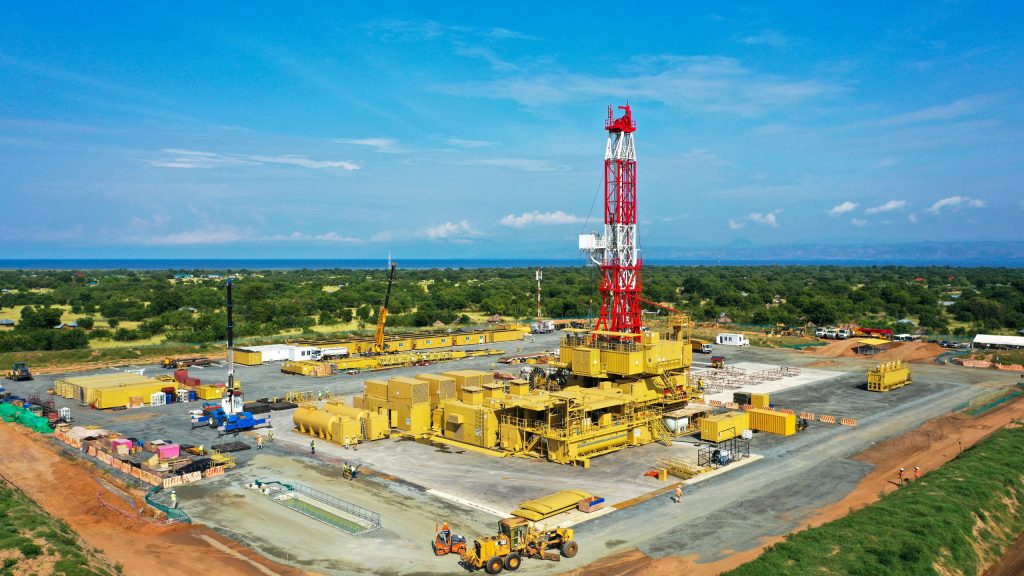
“The wealth beneath our soil and the power we generate must translate into better lives, stronger industries and a more resilient national economy,” the Energy Minister emphasised.


